how are you distracting yourself tonight? we’re getting as drunk as possible while trying to get through more than 10 minutes of this
opening on a sophocles quote is....... a choice
can someone just tell me really quick if they bother talking to any non-cis, non-white employees at any of these companies? they definitely exist
the homepage for exposure labs (the crew behind this doc) offers some hints abt why this film feels so........... yknow https://www.exposurelabs.com/ ">https://www.exposurelabs.com/">...
we get a is-tiktok-a-national-security-threat* reference in there! timely!
* all signs point to https://abs.twimg.com/emoji/v2/... draggable="false" alt="🧐" title="Gesicht mit Monokel" aria-label="Emoji: Gesicht mit Monokel">
https://abs.twimg.com/emoji/v2/... draggable="false" alt="🧐" title="Gesicht mit Monokel" aria-label="Emoji: Gesicht mit Monokel"> https://abs.twimg.com/emoji/v2/... draggable="false" alt="🧐" title="Gesicht mit Monokel" aria-label="Emoji: Gesicht mit Monokel">
https://abs.twimg.com/emoji/v2/... draggable="false" alt="🧐" title="Gesicht mit Monokel" aria-label="Emoji: Gesicht mit Monokel"> https://abs.twimg.com/emoji/v2/... draggable="false" alt="🧐" title="Gesicht mit Monokel" aria-label="Emoji: Gesicht mit Monokel"> probably not https://gizmodo.com/it-doesn-t-matter-who-owns-tiktok-1844595163">https://gizmodo.com/it-doesn-...
https://abs.twimg.com/emoji/v2/... draggable="false" alt="🧐" title="Gesicht mit Monokel" aria-label="Emoji: Gesicht mit Monokel"> probably not https://gizmodo.com/it-doesn-t-matter-who-owns-tiktok-1844595163">https://gizmodo.com/it-doesn-...
* all signs point to
and we get a voice (over the radio?) in the background posing the q of whether social media use in teens can be linked to depression. despite the oft-repeated “hell yes” narrative, the studies there are a bit more.... nuanced, esp as of late https://www.psychcongress.com/article/daily-social-media-use-does-not-raise-depression-risk-teens">https://www.psychcongress.com/article/d...
omg we get our first mention of “surveillance capitalism shaping culture” which means i need to find something stronger than beer
if these engineers took one mf psychology course in college this entire documentary would’ve never happened
now this xoogler’s saying “people will have thoughts they didn’t intend to have bc a designer at google” created a purposely addictive notification system.
that’s....... not how addiction works?
that’s....... not how addiction works?
take it from a former drug addict: being hooked on a substance doesn’t rewrite your thoughts. nothing can do that. you still have free will when you’re scrolling through twitter or abusing a drug
you just know you’ll feel like shit as soon as you stop, so you don’t
you just know you’ll feel like shit as soon as you stop, so you don’t
these companies aren’t capable of mind control and lmao the fact that this doc is getting away w passing that off as fact is.......... scary
this guy in particular needs to take a course in psychology *and* neuroscience for good measure
oh boy i hope they expound on the “money machine” google built that this ex-fb engineer mentioned offhand. seems like vital context when discussing an org worth more than $1 trillion! https://www.marketwatch.com/story/google-parent-alphabet-joins-1-trillion-in-market-value-for-first-time-2020-01-16">https://www.marketwatch.com/story/goo...
very glad they they cut to noted adult white guy w dreads, jason lanier http://www.newyorker.com/magazine/2011/07/11/the-visionary">https://www.newyorker.com/magazine/...
OH NO THEYRE TALKING ABOUT COMPANIES “SELLING THEIR USERS” NO NO NO
the idea that our data is sold off to the highest bidder is doing srs harm to the way we regulate tech orgs. selling data usually an aberration in their ad-funded world. they make their billions off of *sharing* that data, while also saying shit like: https://techcrunch.com/2018/04/10/mark-zuckerberg-we-do-not-sell-data-to-advertisers/">https://techcrunch.com/2018/04/1...
i wholly recommend taking a look at the way marketing firms talk about consumer data, bc you’ll see a lot less talk about buying and selling and a lot more talk about “sharing.” that’s how this shit works 99% of the time https://www2.deloitte.com/us/en/insights/industry/retail-distribution/sharing-personal-information-consumer-privacy-concerns.html">https://www2.deloitte.com/us/en/ins...
also adding this in while i grab beer #2:
the idea of “if you’re not paying for the product, you’re the product” is outdated horseshit. case in point: i pay for subscriptions to the nyt and wapo. they still show me ads. those ads still track me https://www.thedrum.com/news/2020/05/21/what-can-publishers-expect-post-pandemic-cookie-less-adtech">https://www.thedrum.com/news/2020...
the idea of “if you’re not paying for the product, you’re the product” is outdated horseshit. case in point: i pay for subscriptions to the nyt and wapo. they still show me ads. those ads still track me https://www.thedrum.com/news/2020/05/21/what-can-publishers-expect-post-pandemic-cookie-less-adtech">https://www.thedrum.com/news/2020...
that’s not knocking either of those phenomenal publications! but the idea that you pay for something on the internet and magically that something gets whisked out of the internet’s economic structure just like
shows these ppl also need to take a crash course in economics
shows these ppl also need to take a crash course in economics
...... no? advertisers don’t want a gradual change in behavior, they want you to see their ad, click on their ad, and hopefully buy the product in the ad. your *potential to buy the product* is the product
i shouldn’t have had such high expectations for a white guy w dreads who clearly isn’t a korn fan but we
do these people not understand the purpose of advertising? even political advertising is largely done to solicit donations. even “brand awareness” ads that don’t ask for an immediate purchase are done to sway buying behavior somewhere down the line
hm maybe they’ll talk to an actual, real world marketer and sort all this fracas out
the idea that these companies are “selling certainty” to advertisers when, in fact, a good chunk of advertisers are aware the metrics might very well be bullshit, is........ just willfully ignoring their side of the narrative https://fortune.com/2019/10/07/facebook-lawsuit-settlement-inflated-video-data-advertisers/">https://fortune.com/2019/10/0...
would be nice if this twitter guy who’s saying “these companies record every image you stop and look at — and for how long you look at it.” would be able to pull up some citations explaining this concept. sounds interesting!!
there *are* companies that use “heat mapping” adtech, for example, to monitor where ppl’s cursors linger on a given webpage. but like..... not every site uses this? and i don’t think that’s what he was talking about? https://martech.zone/ptengine-heat-map-analytics/">https://martech.zone/ptengine-...
there’s other narrow examples of sites monitoring your every move i could bring up here, but we’re on beer #3 which means my recall abilities are..... limited
these guys have moved onto talking about these companies racing to “predict” what you’ll do next, which does happen! predicting whether an audience is “in the market” for a particular product isn’t a new concept, nor is it confined to just fb and google https://www.thinkwithgoogle.com/marketing-strategies/search/in-market-audiences/">https://www.thinkwithgoogle.com/marketing...
the way these ppl talk about ads, it’s almost like they assume we instantly buy everything they tell us to. like their persuasive powers are *that* good.
they........ know that isn’t the case, right? like these folks have seen an ad once in their lives
they........ know that isn’t the case, right? like these folks have seen an ad once in their lives
oh god we have more than an hr left
begrudgingly gotta give them props for even mentioning the ad auction process in the first place — let alone in a way that actually makes sense. more on that here: https://www.wired.com/story/google-ad-market-regulated-like-stock-market/">https://www.wired.com/story/goo...
this is still my go-to for understanding the way advertisers bid over our eyeballs but it’s also waaaaaay less visually appealing than like this tron-grade shit this doc used
jaron back on screen talking about how ad-supported platforms only exist to manipulate the ppl who use them and for the love of god i wish he’d define what “manipulate” means at some point
brief interlude to talk about magicians
the xoogler’s talking about these sorts of apps are built w the same intermittent reinforcement schedules that slot machines use, which is in part why they’re so addictive and why we’re so powerless against them—
if the world fully abided by this logic then everyone who tries out a slot machine would become hooked p instantaneously. instead, the less sexy, more accurate truth is that different ppl respond to addictive stimuli differently https://onezero.medium.com/how-to-destroy-surveillance-capitalism-8135e6744d59">https://onezero.medium.com/how-to-de...
behavioral psychology is *really* powerful and these companies tweak their products to juice these concepts for all their worth. but they’re not controlling our minds as a result (see: drug addiction, gambling addiction, etc)
“this isn’t something you can just decide to ignore” says man whose entire income once decided on convincing people his product was impossible to ignore
wow this jeff guy really failed at making these addictive products addictive eh? https://www.vanityfair.com/news/2016/06/twitter-head-of-product-jeff-seibert">https://www.vanityfair.com/news/2016...
at the exact moment tristan got the def of “growth hacking” completely wrong my nose started bleeding violently brb
this guy paints “growth hackers” as aberrations in the marketing world whose entire job is to “hack user psychology” to prompt them to take a certain action
buddy, that’s *all* of marketing. these guys just cycle thru different strategies a bit quicker https://optinmonster.com/growth-hacking/ ">https://optinmonster.com/growth-ha...
buddy, that’s *all* of marketing. these guys just cycle thru different strategies a bit quicker https://optinmonster.com/growth-hacking/ ">https://optinmonster.com/growth-ha...
lumping every season of mad men onto the syllabus these ppl should’ve been required to watch before filming this documentary
that’s the...... purpose of media???? and paid media specifically??? see: all of don draper’s pitches, but specifically his monologue at the end of szn 1 where he talks about Kodak’s carousel https://ew.com/tv/2017/07/19/mad-men-don-draper-best-pitches/">https://ew.com/tv/2017/0...
tristan goes on to say how something like a bicycle is a utilitarian tool that doesn’t make money off of “seduction” or “manipulation,” the same way modern tech does. which uh, is true — but!
i wonder what he’d say about equally utilitarian tech like the first cameras and typewriters which were also found to alter the way we behaved when they hit the public market. great (albeit lengthy) book on that here: https://slate.com/technology/2019/06/bored-lonely-angry-stupid-review-technology-history-emotions.html">https://slate.com/technolog...
it really does seem like fb and google aren’t the horsemen leading this apocalypse per se, but they’re leading the latest chapter in the psychological horror that advertising‘s been bringing down on all of us since the late 1800s
the utter shock on all these ex-employees faces as they describe being unable to resist these apps charms despite “seeing how they worked behind the curtain” makes me wonder if they would have the same reaction to like, trying to stay on a diet
“ https://abs.twimg.com/emoji/v2/... draggable="false" alt="😧" title="Schmerzgeplagtes Gesicht" aria-label="Emoji: Schmerzgeplagtes Gesicht"> i know that eating this slice of chocolate cake will make losing weight that much harder but
https://abs.twimg.com/emoji/v2/... draggable="false" alt="😧" title="Schmerzgeplagtes Gesicht" aria-label="Emoji: Schmerzgeplagtes Gesicht"> i know that eating this slice of chocolate cake will make losing weight that much harder but  https://abs.twimg.com/emoji/v2/... draggable="false" alt="😯" title="Schweigendes Gesicht" aria-label="Emoji: Schweigendes Gesicht"> for some reason
https://abs.twimg.com/emoji/v2/... draggable="false" alt="😯" title="Schweigendes Gesicht" aria-label="Emoji: Schweigendes Gesicht"> for some reason  https://abs.twimg.com/emoji/v2/... draggable="false" alt="😶" title="Mundloses Gesicht" aria-label="Emoji: Mundloses Gesicht"> i can’t stop picking at it!!! it’s like the cake is brainwashing me!”
https://abs.twimg.com/emoji/v2/... draggable="false" alt="😶" title="Mundloses Gesicht" aria-label="Emoji: Mundloses Gesicht"> i can’t stop picking at it!!! it’s like the cake is brainwashing me!”
oh no the generic Tween Daughter is using her cellphone at the dinner table!
i wonder if these kid’s inability to unglue themselves from their devices is being hampered by the fact that our country’s educational system is now entirely at the mercy of these devices https://www.nytimes.com/2020/05/05/learning/when-the-pandemic-ends-will-school-change-forever.html">https://www.nytimes.com/2020/05/0...
is this grown ass educated adult saying that our brain stems are responsible for regulating our overall sense of self worth, despite having no scientific evidence backing that up
pretty sure the 5 years of bio i took as a neurosci researcher in undergrad never gave a definitive answer as to where our sense of “self” is biologically stored, but.... the brain stem prob ain’t it
https://www.apa.org/pi/disability/resources/publications/newsletter/2015/03/brain-injury-identity
https://www.apa.org/pi/disabi... href=" https://med.libretexts.org/Bookshelves/Anatomy_and_Physiology/Book%3A_Anatomy_and_Physiology_(Boundless)/11%3A_Central_Nervous_System/11.4%3A_The_Brain_Stem/11.4A%3A_Functions_of_the_Brain_Stem">https://med.libretexts.org/Bookshelv...
https://www.apa.org/pi/disability/resources/publications/newsletter/2015/03/brain-injury-identity
i largely left neuroscience bc i was tired of ppl ascribing magic to basic biological systems, so it’s always weird seeing ppl ascribing similar magic to similar technological systems.
and then ppl look at *me* funny for saying ghosts exist
and then ppl look at *me* funny for saying ghosts exist
this entire documentary needs a citation list attached
so they’re saying social media use in teens leads to biological changes, which leads to psychological changes, which leads to sociological changes overtime, while only using reeeeeally shaky/correlational sources to back it up (if they use sources at all)?
????
????
“misinformation is a disease in america” says american documentary that runs unproven tidbits as fact in front of a national audience
i really do think tristan’s a smart guy!!! but saying that our brains won’t adapt to apps/mobile devices the same way they adapted to the early cameras/printing presses because these devices didn’t have an assload of *computing power* apps have now is like...... what?
did our brains adapt in the mid-1950’s and just stagnate there? or is there something specific about having a ton of low-wage engineers pumping endless bandwidth into a product that makes it more addictive by default?
this is where a citation would be handy!
this is where a citation would be handy!
that’s like saying the snapchat app is more addictive than the average slot machine bc one was produced on a factory line and one took years of effort to ipo. both products *can* be addictive, but that kinda boils down to who’s using it — not the product itself
if there’s literature pointing to the direct correlation between computing power of a particular app and the addictive behavior it induces pls feel free to fwd! id love to be proven wrong here
am i being a pedantic asshole? maybe! but the alternative is getting insanely popular documentaries that pump unverified fact into the eyes and ears of millions of people who are impressionable, scared, and will probably vote sometime soon. don’t we want them to be informed?
ive spent 3 hrs voluntarily fact checking this shit and from here on out it looks like the same ppl making the same unverified arguments they were before, which makes the convo abt misinformation happening onscreen kinda darkly funny
tbh if i came into this thing w no clue about what “data” meant or why it’s so valuable or what companies use it for, i think this doc would leave me confused, rather than informed
saying that our data is used to serve ads across platforms and inform their ux design and manipulate our behavior and alter our actual brain function is a gross simplification at best and literal misinformation (i’ll say it!!!) at worst
it’s leaving viewers scared, and that’s it
it’s leaving viewers scared, and that’s it
this is a doc featuring really, really smart ppl so im kind of stumped as to how this happened. i want to chalk it up to poor editing on the director’s part, but tbh that can’t be the only culprit
the fact they attempt to save the entire shpiel in the last 5 minutes by talking about how “regulation is the answer” and “we need to remove the fiscal incentives these companies have” is like....... buddy
my final take on this shit is that these documentarians left their audience afraid of these seemingly omniscient tech firms, while also telling them regulation is the answer
but they also spent the last hour and a half explaining why regulation should be seemingly impossible https://abs.twimg.com/emoji/v2/... draggable="false" alt="🤷🏻♀️" title="Achselzuckende Frau (heller Hautton)" aria-label="Emoji: Achselzuckende Frau (heller Hautton)">
https://abs.twimg.com/emoji/v2/... draggable="false" alt="🤷🏻♀️" title="Achselzuckende Frau (heller Hautton)" aria-label="Emoji: Achselzuckende Frau (heller Hautton)">
but they also spent the last hour and a half explaining why regulation should be seemingly impossible
if you’re going to build up to the idea that these companies deserve regulation, why are you telling the ppl being regulated to be afraid of boogeymen that don’t exist? why not point them to the *actual* harm these systems do, and how we can change them for the better?
why save that for the last 5 minutes of your film if you didn’t want people to feel anything but hopeful?

 Read on Twitter
Read on Twitter
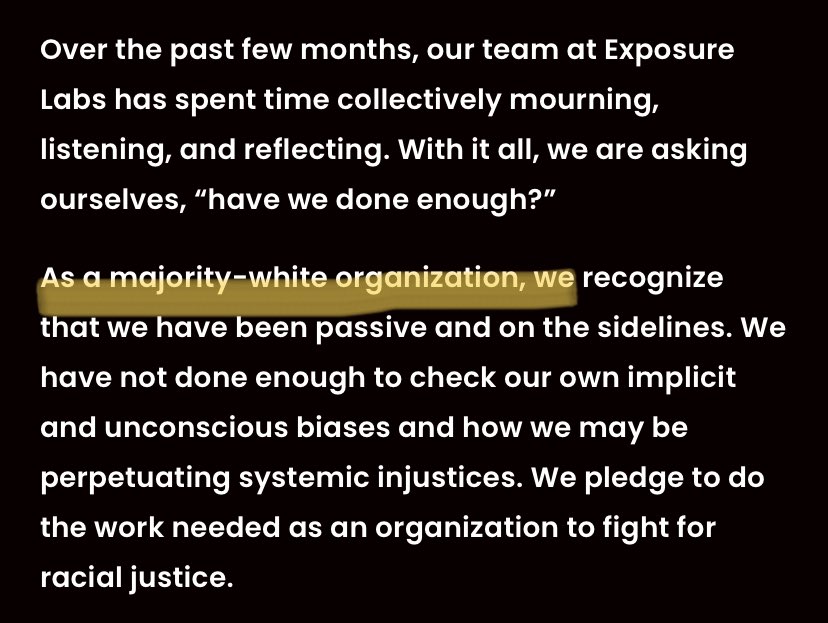
 https://abs.twimg.com/emoji/v2/... draggable="false" alt="🧐" title="Gesicht mit Monokel" aria-label="Emoji: Gesicht mit Monokel">https://abs.twimg.com/emoji/v2/... draggable="false" alt="🧐" title="Gesicht mit Monokel" aria-label="Emoji: Gesicht mit Monokel"> probably not https://gizmodo.com/it-doesn-..." title="we get a is-tiktok-a-national-security-threat* reference in there! timely! * all signs point to https://abs.twimg.com/emoji/v2/... draggable="false" alt="🧐" title="Gesicht mit Monokel" aria-label="Emoji: Gesicht mit Monokel">https://abs.twimg.com/emoji/v2/... draggable="false" alt="🧐" title="Gesicht mit Monokel" aria-label="Emoji: Gesicht mit Monokel">https://abs.twimg.com/emoji/v2/... draggable="false" alt="🧐" title="Gesicht mit Monokel" aria-label="Emoji: Gesicht mit Monokel"> probably not https://gizmodo.com/it-doesn-..." class="img-responsive" style="max-width:100%;"/>
https://abs.twimg.com/emoji/v2/... draggable="false" alt="🧐" title="Gesicht mit Monokel" aria-label="Emoji: Gesicht mit Monokel">https://abs.twimg.com/emoji/v2/... draggable="false" alt="🧐" title="Gesicht mit Monokel" aria-label="Emoji: Gesicht mit Monokel"> probably not https://gizmodo.com/it-doesn-..." title="we get a is-tiktok-a-national-security-threat* reference in there! timely! * all signs point to https://abs.twimg.com/emoji/v2/... draggable="false" alt="🧐" title="Gesicht mit Monokel" aria-label="Emoji: Gesicht mit Monokel">https://abs.twimg.com/emoji/v2/... draggable="false" alt="🧐" title="Gesicht mit Monokel" aria-label="Emoji: Gesicht mit Monokel">https://abs.twimg.com/emoji/v2/... draggable="false" alt="🧐" title="Gesicht mit Monokel" aria-label="Emoji: Gesicht mit Monokel"> probably not https://gizmodo.com/it-doesn-..." class="img-responsive" style="max-width:100%;"/>


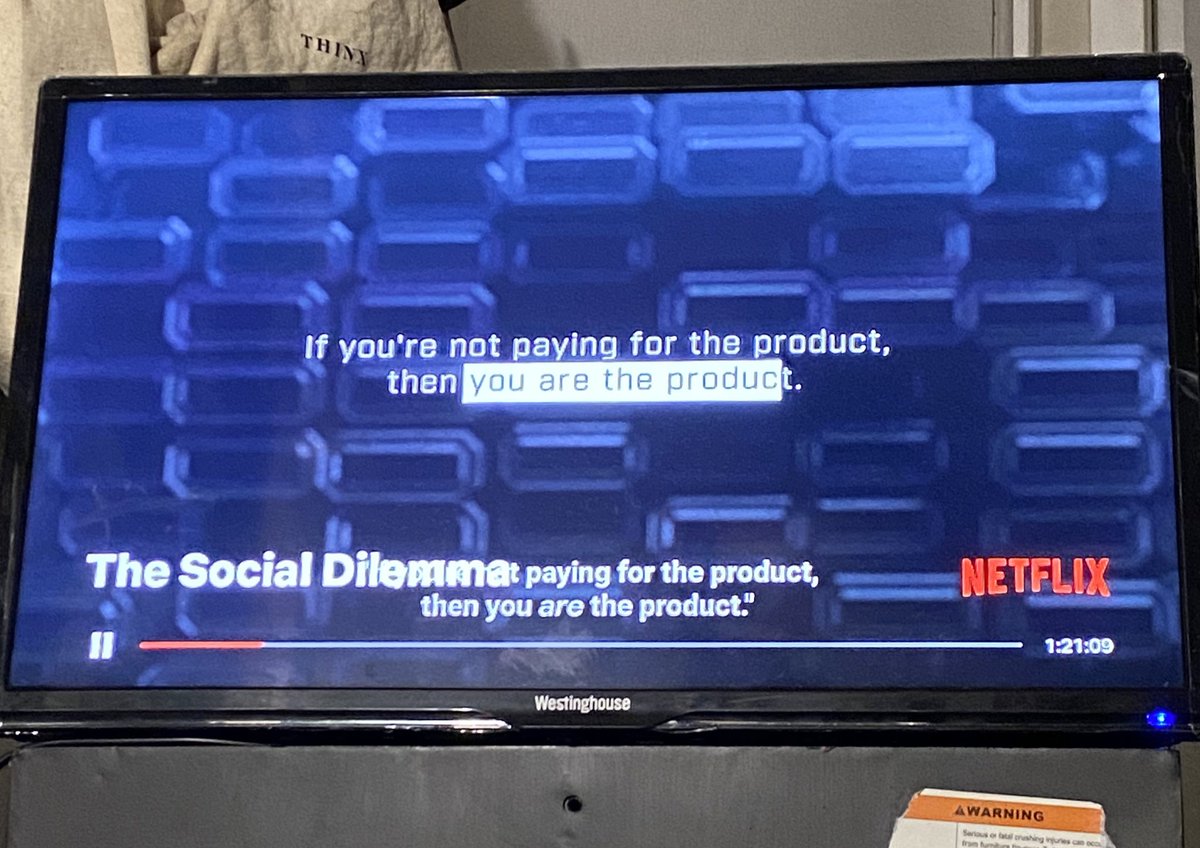




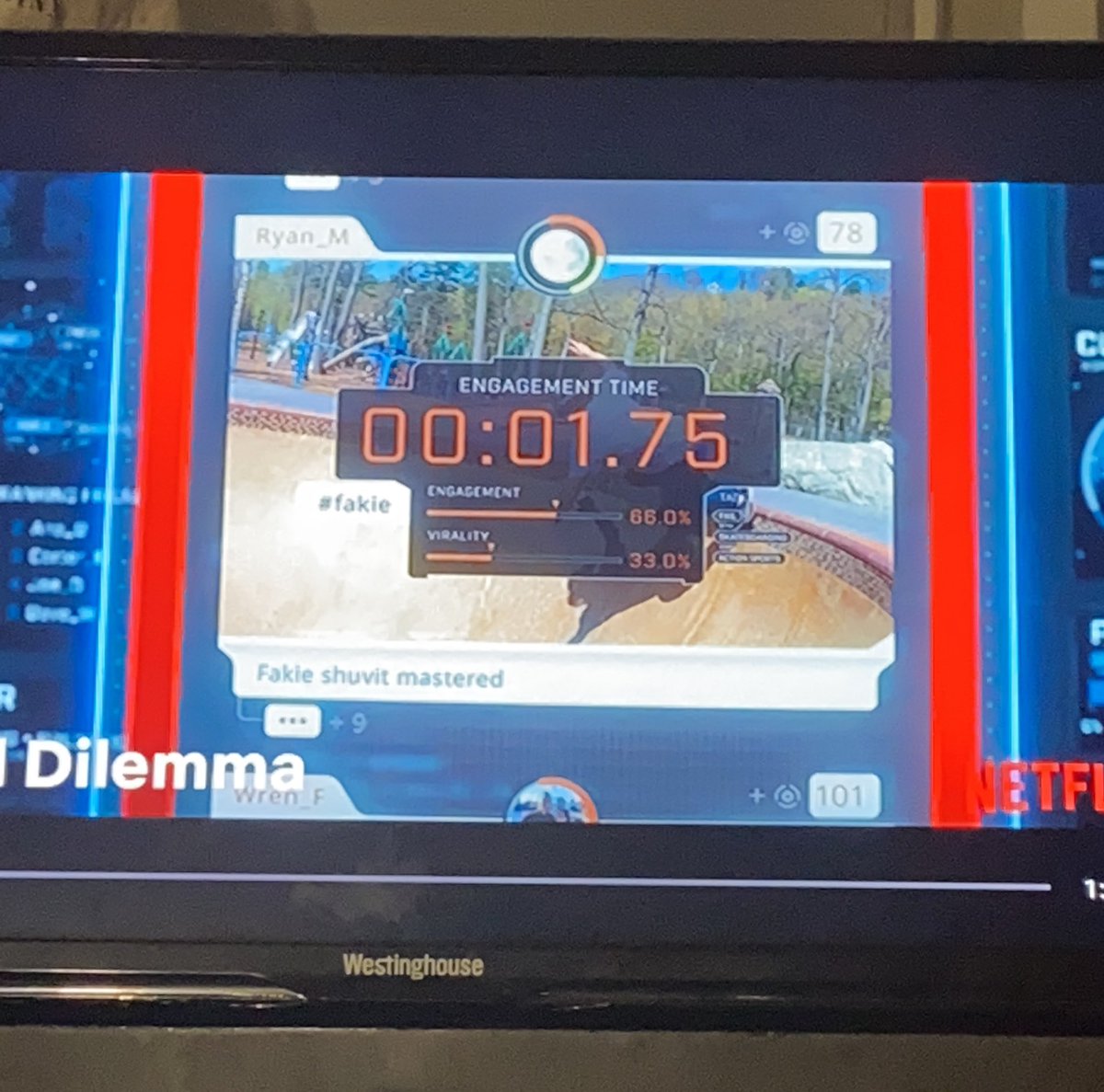
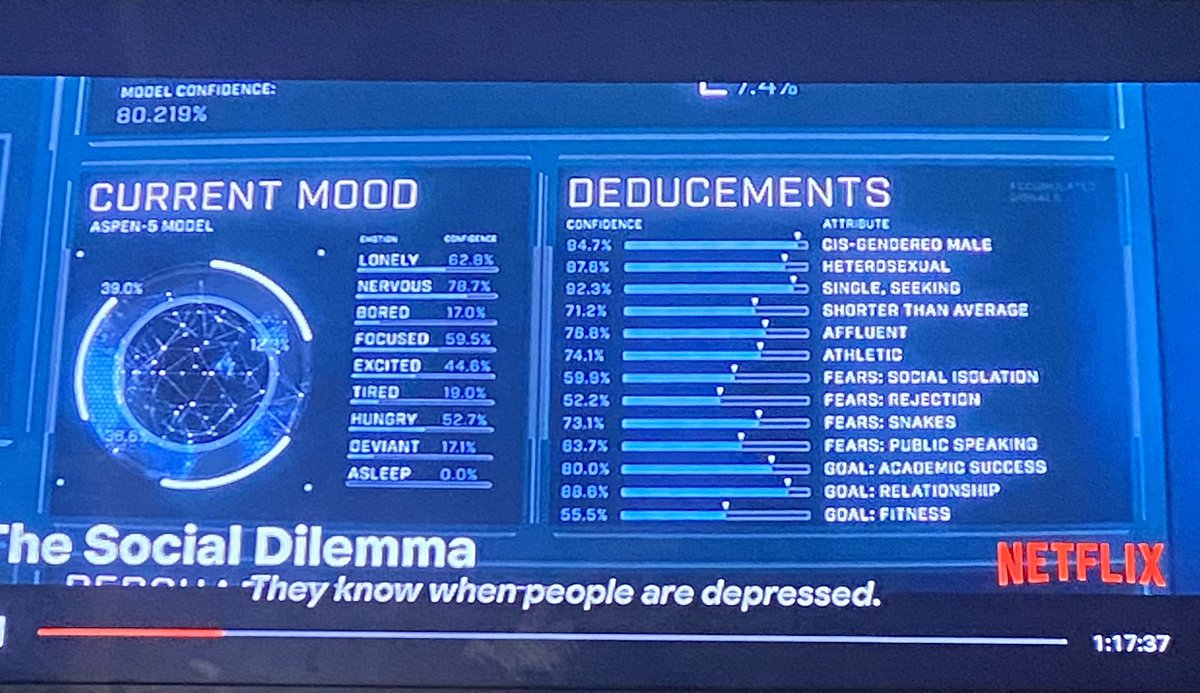
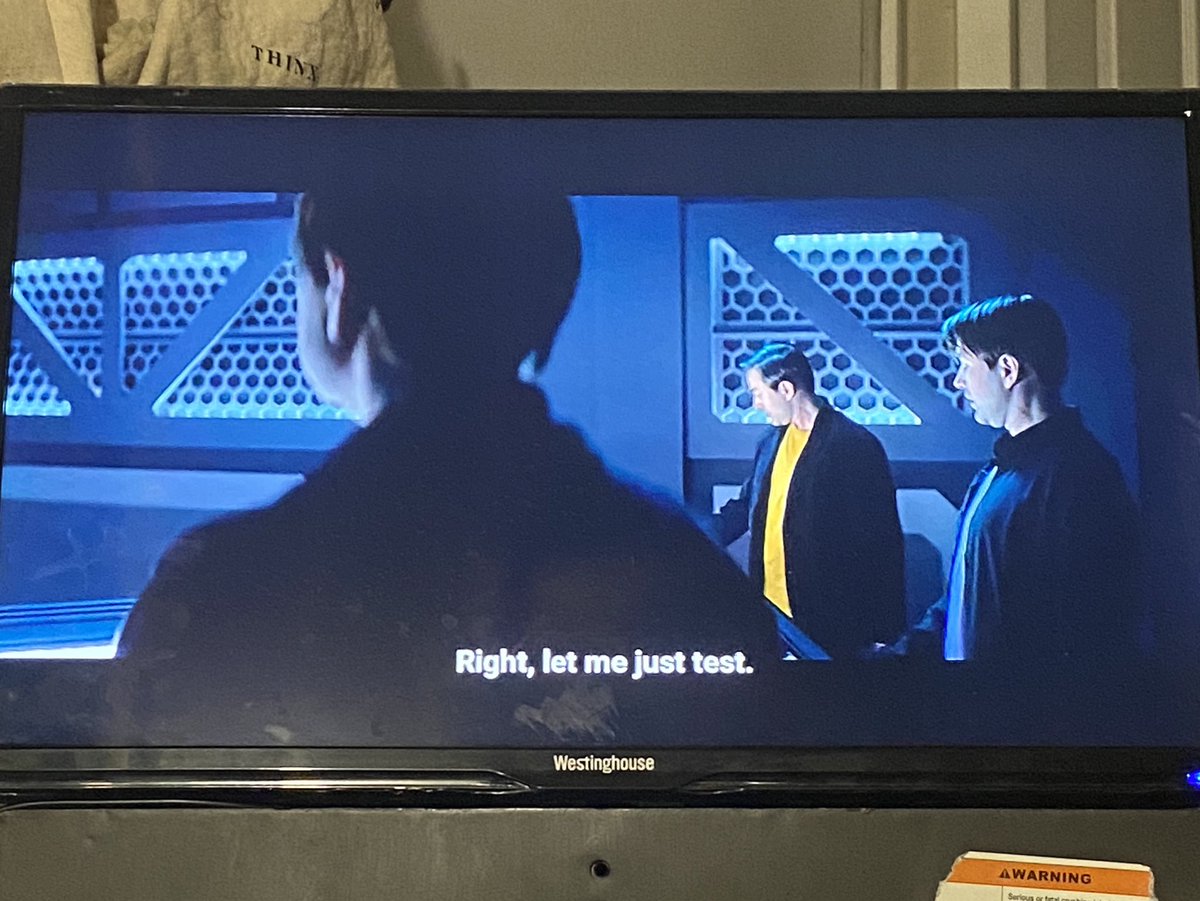



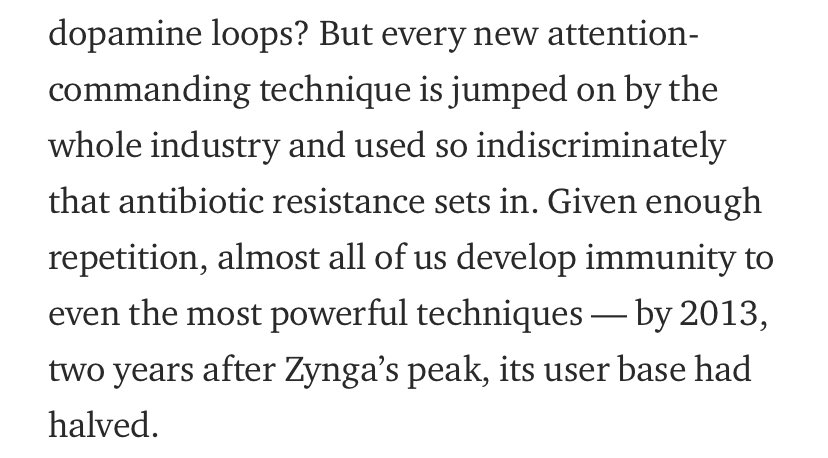

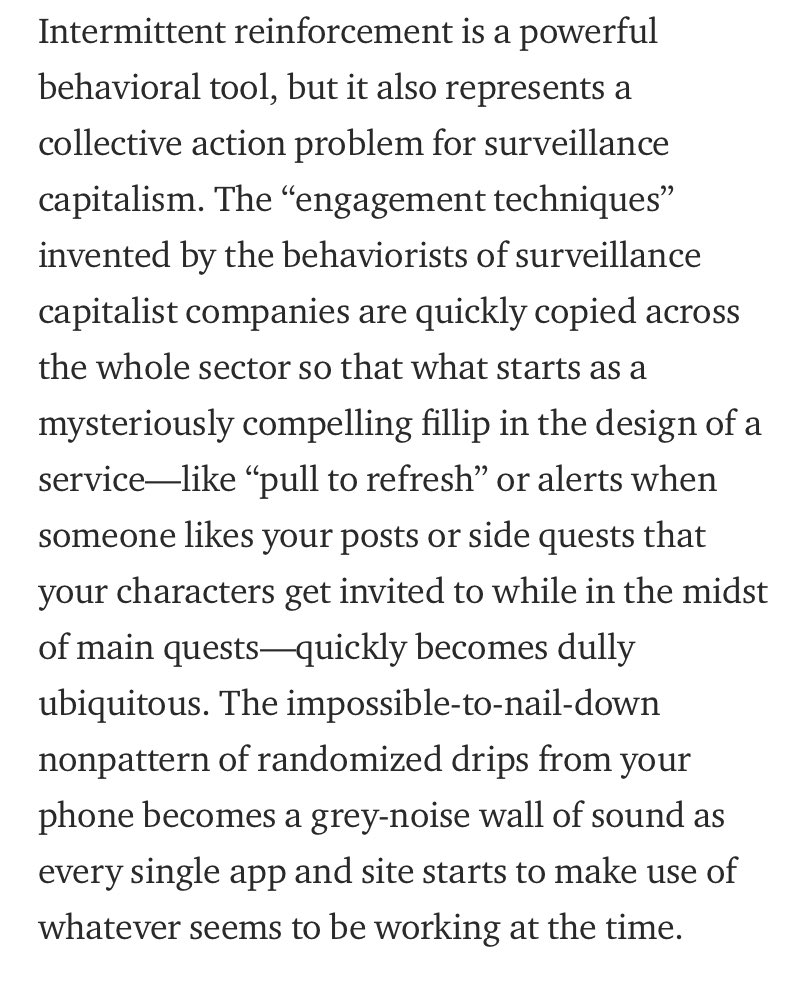



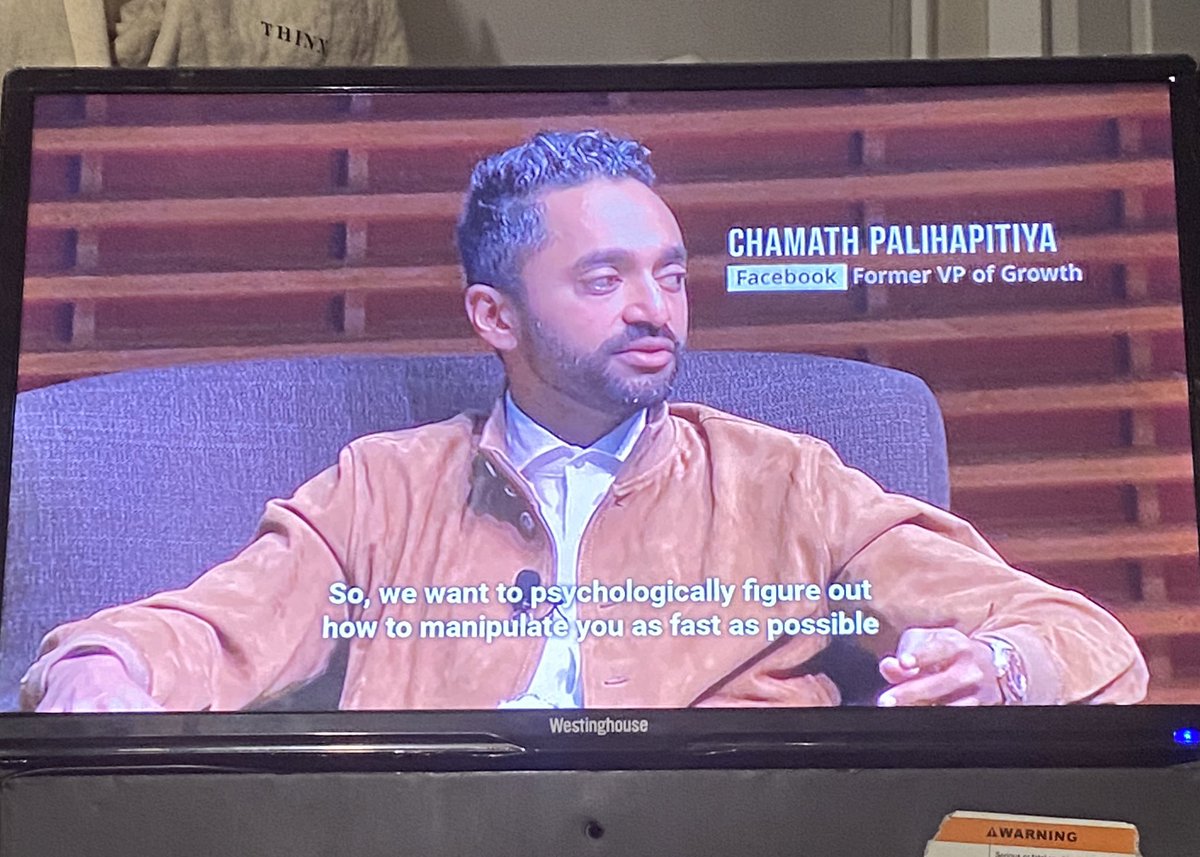

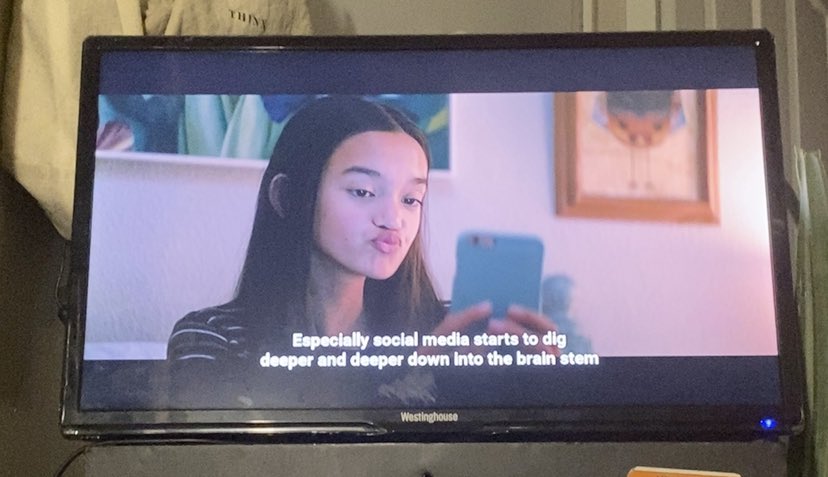

 https://med.libretexts.org/Bookshelv..." title="pretty sure the 5 years of bio i took as a neurosci researcher in undergrad never gave a definitive answer as to where our sense of “self” is biologically stored, but.... the brain stem prob ain’t it https://www.apa.org/pi/disabi... href=" https://med.libretexts.org/Bookshelves/Anatomy_and_Physiology/Book%3A_Anatomy_and_Physiology_(Boundless)/11%3A_Central_Nervous_System/11.4%3A_The_Brain_Stem/11.4A%3A_Functions_of_the_Brain_Stem">https://med.libretexts.org/Bookshelv..." class="img-responsive" style="max-width:100%;"/>
https://med.libretexts.org/Bookshelv..." title="pretty sure the 5 years of bio i took as a neurosci researcher in undergrad never gave a definitive answer as to where our sense of “self” is biologically stored, but.... the brain stem prob ain’t it https://www.apa.org/pi/disabi... href=" https://med.libretexts.org/Bookshelves/Anatomy_and_Physiology/Book%3A_Anatomy_and_Physiology_(Boundless)/11%3A_Central_Nervous_System/11.4%3A_The_Brain_Stem/11.4A%3A_Functions_of_the_Brain_Stem">https://med.libretexts.org/Bookshelv..." class="img-responsive" style="max-width:100%;"/>
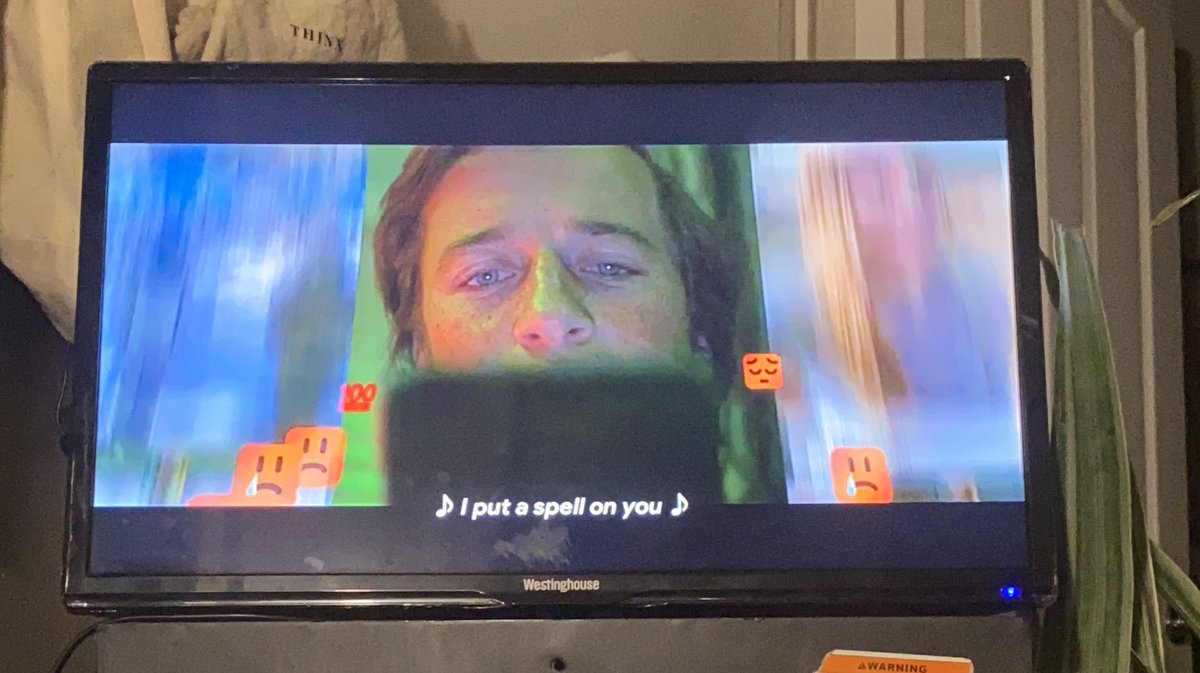
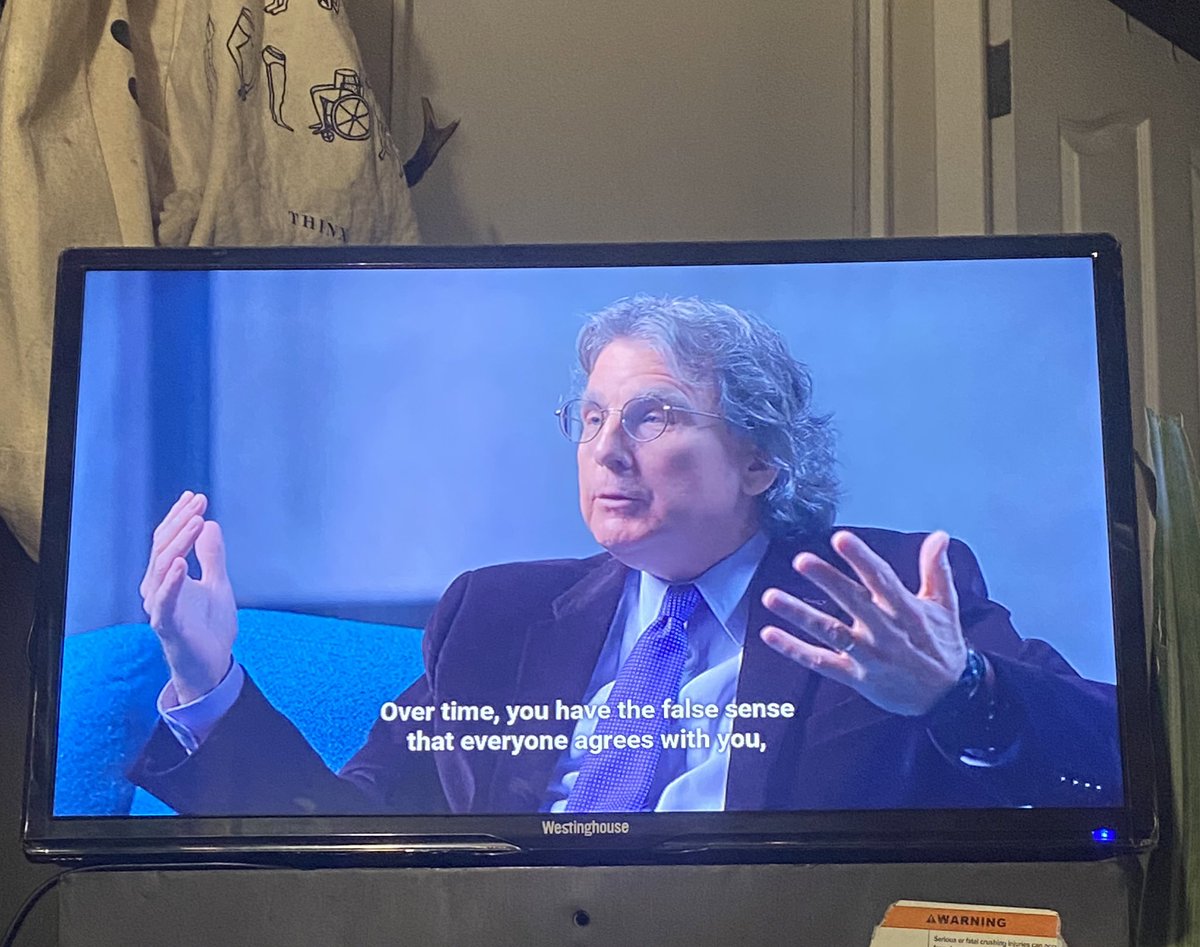
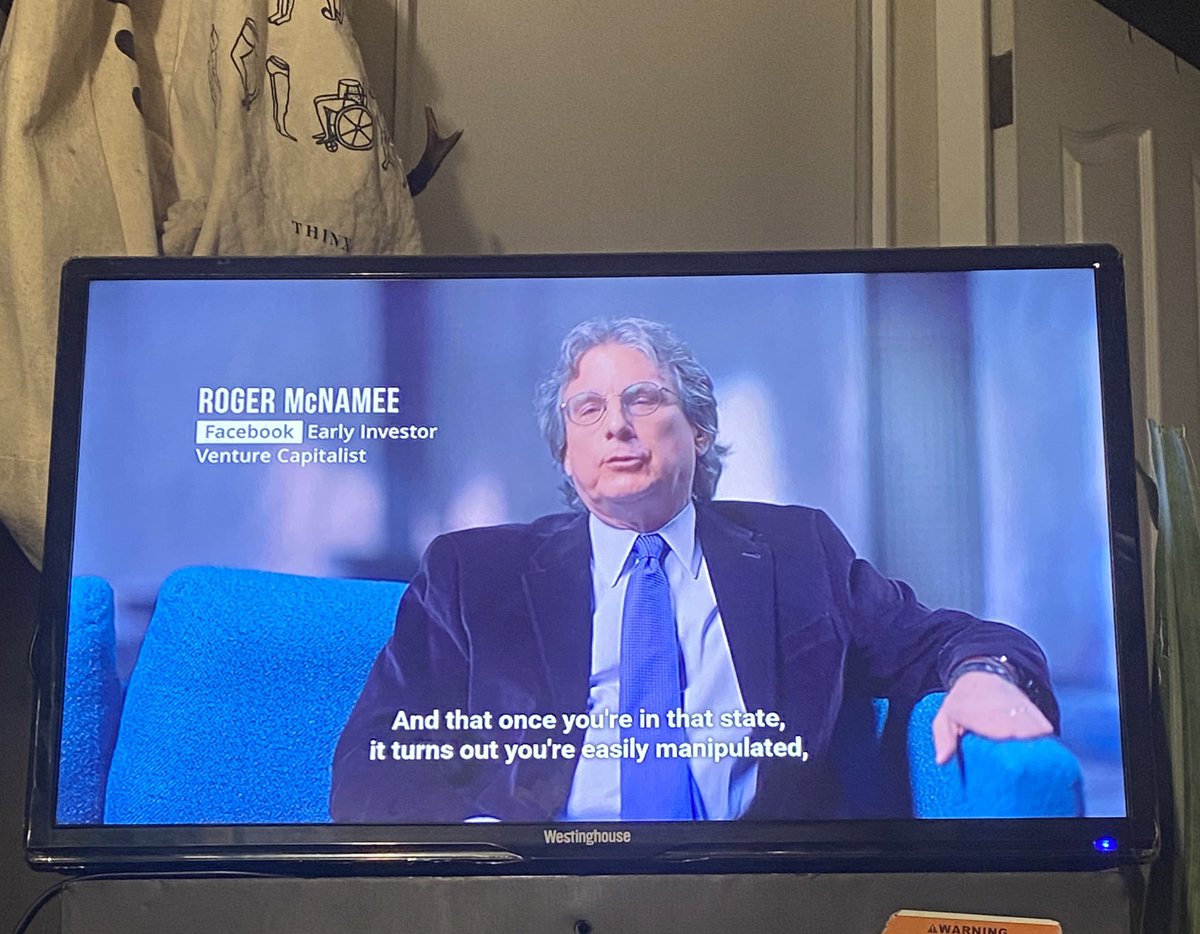
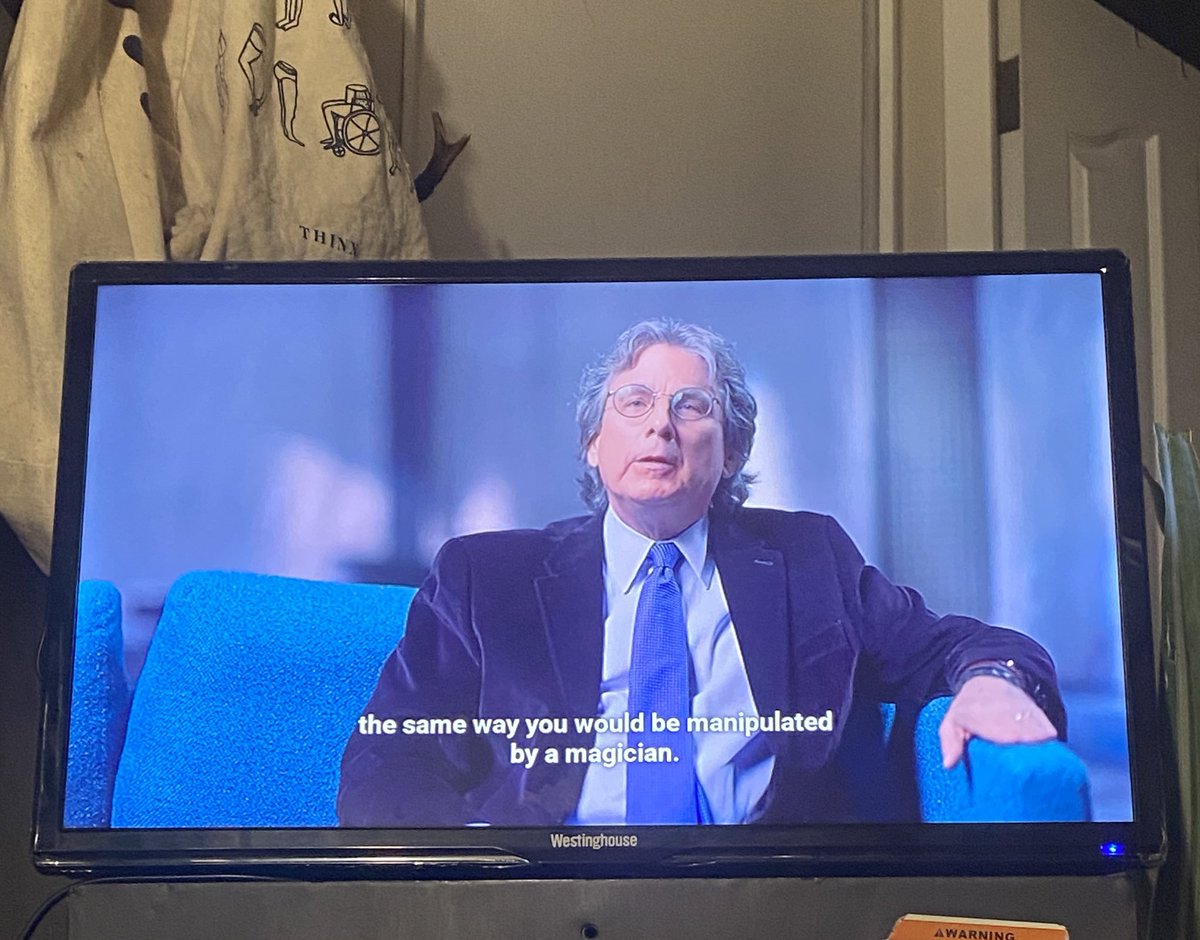
 " title="my final take on this shit is that these documentarians left their audience afraid of these seemingly omniscient tech firms, while also telling them regulation is the answerbut they also spent the last hour and a half explaining why regulation should be seemingly impossible https://abs.twimg.com/emoji/v2/... draggable="false" alt="🤷🏻♀️" title="Achselzuckende Frau (heller Hautton)" aria-label="Emoji: Achselzuckende Frau (heller Hautton)">" class="img-responsive" style="max-width:100%;"/>
" title="my final take on this shit is that these documentarians left their audience afraid of these seemingly omniscient tech firms, while also telling them regulation is the answerbut they also spent the last hour and a half explaining why regulation should be seemingly impossible https://abs.twimg.com/emoji/v2/... draggable="false" alt="🤷🏻♀️" title="Achselzuckende Frau (heller Hautton)" aria-label="Emoji: Achselzuckende Frau (heller Hautton)">" class="img-responsive" style="max-width:100%;"/>


